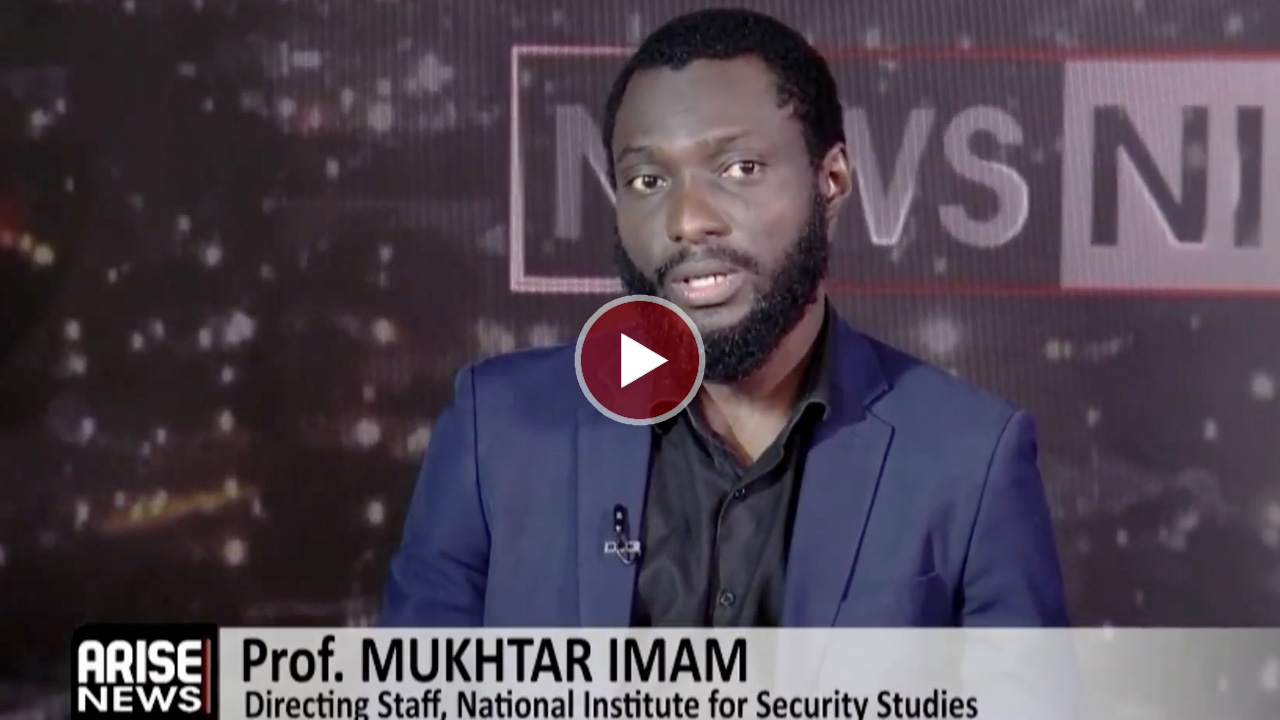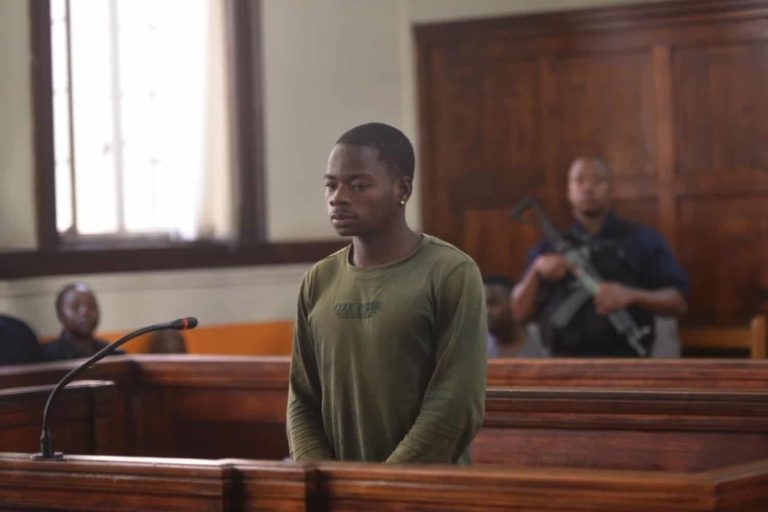
Professor Mukhtar Imam, a political scientist and Directing Staff at the National Institute for Security Studies, has warned that US President Donald Trump’s recent comments designating Nigeria as a “Country of Particular Concern” and threatening possible military action are “dangerous, misleading, and capable of worsening Nigeria’s internal divisions.”
Speaking on ARISE News on Monday, Prof. Imam described Trump’s remarks as both reckless and counterproductive, saying they amount to a mischaracterisation of Nigeria’s complex internal dynamics.
“The designation of Nigeria as a country of particular concern should be of concern to every stakeholder in the Nigerian project,” he said. “Leaders must learn to be cautious, to guard their utterances, and to gauge their impulses, especially when dealing with a figure like Trump — a man who, like it or not, leads one of the most powerful nations in the world.”
Prof. Imam stressed that while Nigeria must respond firmly, the government must do so through diplomatic engagement rather than confrontation.
“We need to do more in terms of engaging with the United States government on all fronts,” he explained. “Our statements can be firm, but we must also understand the importance of stepping back and exhausting all diplomatic channels.”
He lamented Nigeria’s lack of fully deployed ambassadors in key countries, noting that such gaps weaken diplomatic responses in moments of international tension.
“It is worrisome that we do not have ambassadors in some countries,” he said. “In situations of this magnitude, it is expected that an ambassador who has presented his credentials should engage directly with the host government. That is what gives weight to our diplomacy.”
Prof. Imam described Trump as “a leader who often acts on impulse rather than fact,” saying Nigeria must therefore be strategic and calm in its approach.
“Trump is an individual who perhaps doesn’t even listen to people or official reports,” he said. “Whatever is presented to him is what he takes and runs with. That is the kind of person we are dealing with.”
He cautioned that Trump’s rhetoric could inflame existing religious and ethnic sensitivities in Nigeria, further polarising the already fragile society.
“The rhetoric from Trump is deeply concerning because it creates an impression that could intensify divisions within Nigeria,” he said. “Many conflicts here already carry religious and ethnic undertones. When such comments come from someone in a revered position, it becomes dangerous.”
Prof. Imam also warned that the U.S. designation “blackballs” Nigeria in the international arena, with potential implications for defence cooperation and economic support.
“This designation does not do us any good,” he said. “We need the support of our international partners to tackle insecurity and insurgency. Statements like Trump’s mischaracterise the situation and could make it harder for us to access critical assistance.”
Despite the threats, Prof. Imam said a US military strike on Nigeria was highly unlikely, citing international law and the global rules-based order.
“Trump’s guns-blazing threat is not something foreseeable or even doable,” he said. “We live in an international system governed by rules, and such unilateral action would be untenable.”
He concluded by urging Nigerian leaders to articulate the country’s position clearly, strengthen its diplomatic corps, and counter misinformation with facts and consistency.
“The government must reinforce Nigeria’s position, engage widely, and correct misconceptions,” he said. “We must approach this with caution, but also with clarity and confidence in our sovereignty.”
Boluwatife Enome



